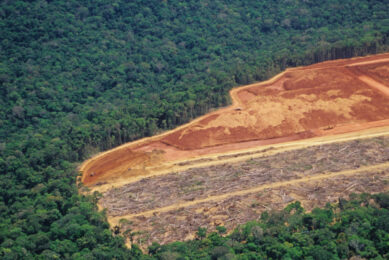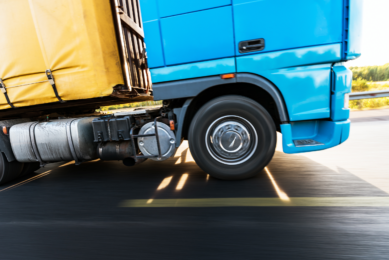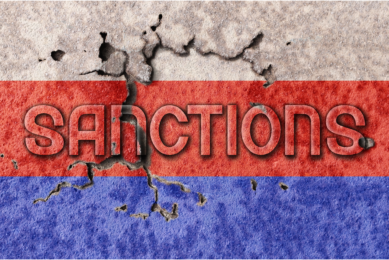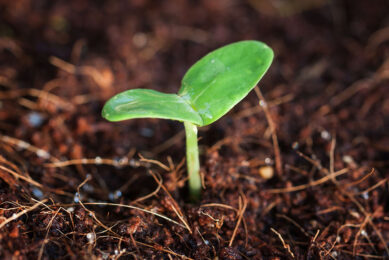Russia: Poultry farmers criticise coccidiostats restrictions
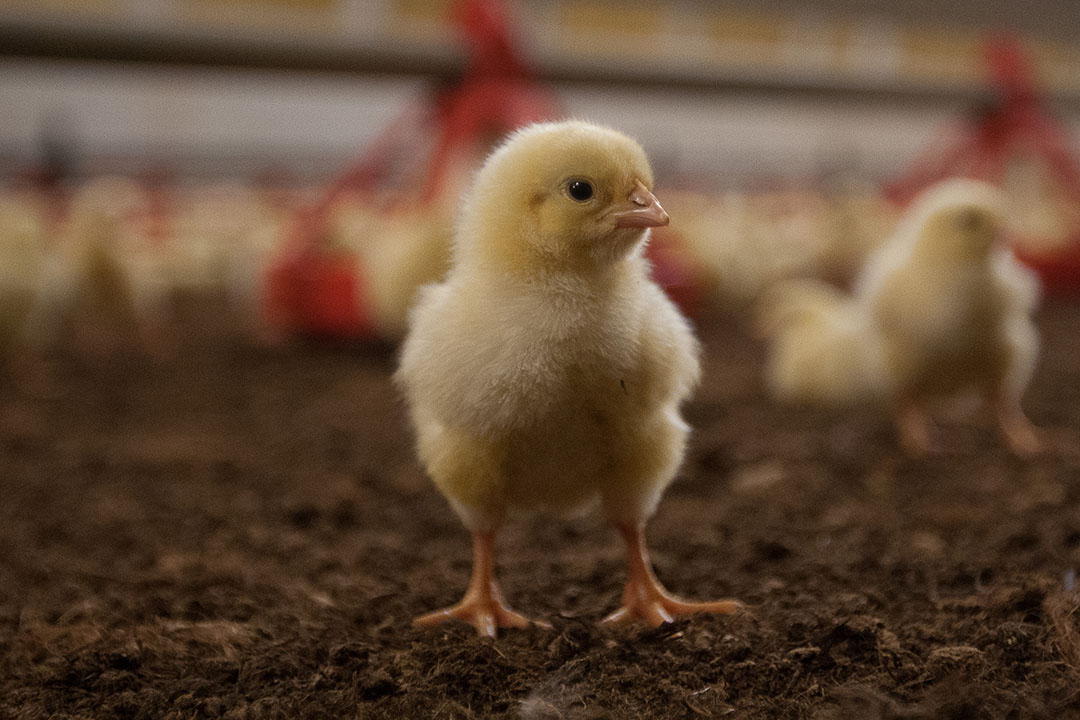
Russian poultry producers claim that the unjustified restrictions on the coccidiostat use has undermined the average profitability in the sector for years. They have appealed to the Russian sanitary watchdog Rospotrebnadzor for their withdrawal.
The Russian National Meat Association and the Russian Union of Poultry Farmers have filed a joint letter to Anna Popova, head of Rospotrebnadzor, asking that the existing sanitary regulations be adjusted. And allow the use of coccidiostats prior to slaughter.
| Cocciodiostats are a group of drugs applied to for the treatment and prevention of coccidiosis. |
Zero-tolerance for coccidiostats residues in poultry
Rospotrebnadzor currently has a zero-tolerance policy for coccidiostats residues in poultry production. This prompts poultry farmers to withdraw them from feed rations. According to Sergey Lakhtyukhov, general director of the Russian Union of Poultry Farmers, this leads to a rise in the feed conversion ratio, a drop in meat gains, and consequently, a fall in profitability. The Russian poultry farmers expressed the opinion that the existing veterinary regulations are excessive, especially since coccidiostats are used during the entire production cycle in many other countries.
Research needed on the safety of coccidiostat residues
Rospotrebnadzor, however, argued that research needs to be done regarding the safety of the coccidiostat residues in poultry production to justify the adjustments of the existing veterinary regulations, Russian newspaper Kommersant reported.
 Coccidiostats: Antibiotic or feed additive?
Coccidiostats: Antibiotic or feed additive?
Sometimes, there is debate over what coccidiostats actually are: feed additives or antibiotics. For the moment, coccidiostats seem to remain on the European Union’s list of feed additives.
Withdrawal of restrictions could improve competitiveness of Russian poultry
Albert Davleyev, president of the Russian consulting agency Agrifood Strategy, said that studies on the safety of coccidiostats were already conducted in the EU, US, and Brazil, and there was no sense in conducting any similar studies in Russia. Davleyev went on to say that the withdrawal of the restrictions on coccidiostat residues could improve the competitiveness of Russian poultry meat on foreign markets by 5% or 7%.
 Pathogens and Prevention – special publication
Pathogens and Prevention – special publication
Diseases are always just a stone’s throw away from any flock and producing healthy and safe animal products is key for a successful business. This special focuses on how to keep diseases at bay via biosecurity measures, management and nutritional interventions.
Competitors using coccidiostats have advantage
Poultry farmers in the US, Brazil, and even in neighbouring Ukraine use coccidiostats during the entire production cycle, which gives them an obvious competitive advantage, Davleyev said. It is essential that the new regulations be in line with importing countries’ requirements, he added. The Eurasia Economy Commission, the governing body of the Eurasia Economy Union, revealed that the new regulation on coccidiostat residues could be designed by December 1 of 2020, Kommersant reported.
Poultry exports are on the rise
In 2020, Russia made noticeable progress in poultry exports. During the first half of the year, the country sold 145,000 tonnes of poultry to foreign customers, 75.3% up compared to the same period of the previous year, the National Meat Association estimated. Russian Union of Poultry Farmers earlier forecasted that in 2020 the country would be able to export 300,000 tonnes of poultry – the highest figure ever.




